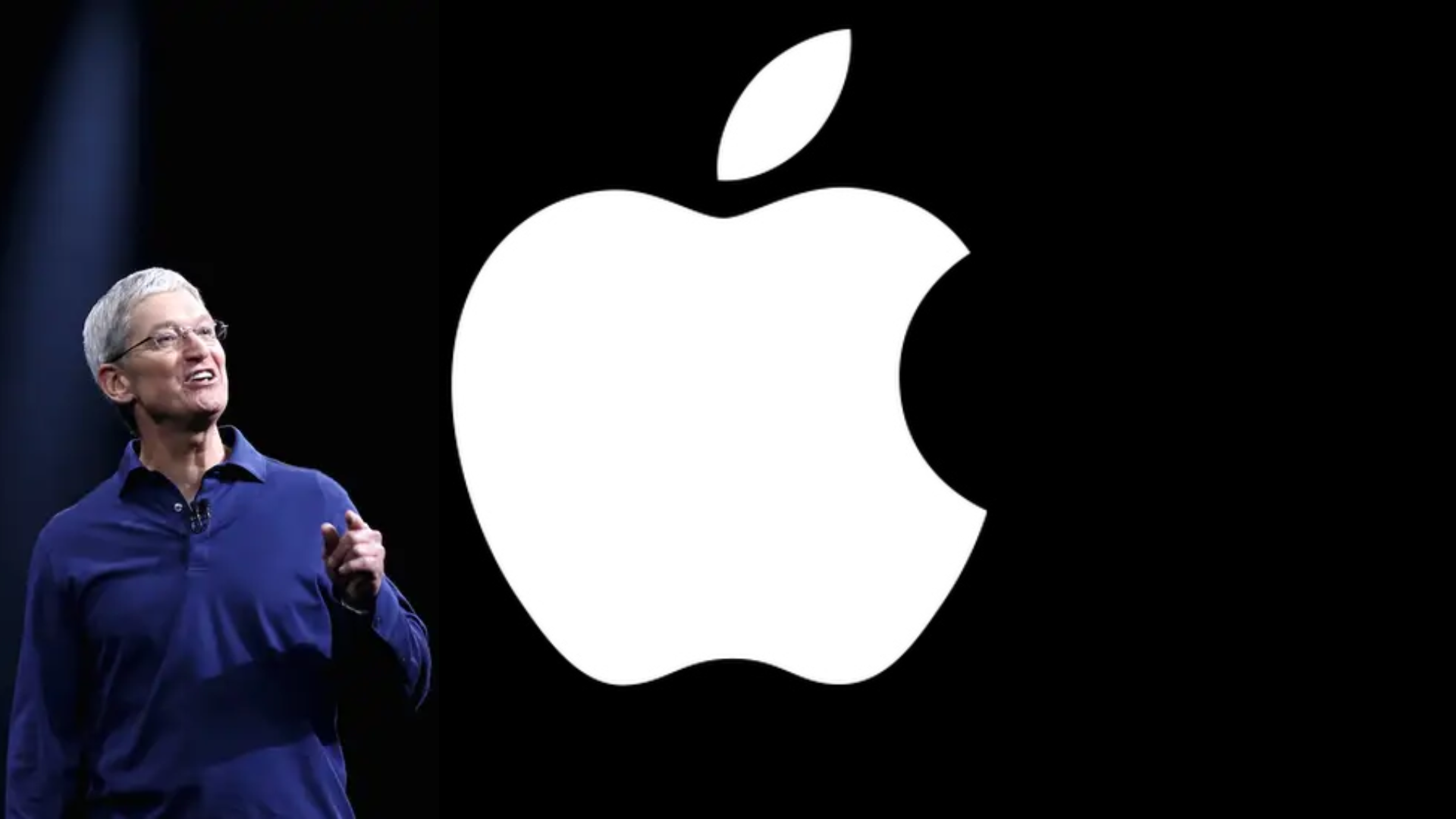Apple found itself embroiled in controversy after an advertisement for its latest iPad sparked outrage among artists and social media users alike. The one-minute ad, titled “Crush,” was posted on X by Apple CEO Tim Cook, set to the tune of Sonny and Cher’s “All I Ever Need is You.” However, instead of garnering praise, the ad faced swift criticism for its depiction of an industrial press crushing objects associated with human creativity.
The ad, which showcased a pile of creative artifacts including a guitar, piano, and paint cans being crushed under the pressure of Apple’s press, was immediately deemed tone-deaf. In a time when the creative community is grappling with concerns about the future implications of generative AI, the ad struck a nerve, with many viewing it as insensitive to the challenges faced by artists.
Meet the new iPad Pro: the thinnest product we’ve ever created, the most advanced display we’ve ever produced, with the incredible power of the M4 chip. Just imagine all the things it’ll be used to create. pic.twitter.com/6PeGXNoKgG
— Tim Cook (@tim_cook) May 7, 2024
Apple swiftly responded to the backlash, issuing an apology for missing the mark with the video. Tor Myhren, Apple’s vice president of marketing, emphasized the company’s commitment to empowering creatives worldwide and expressed regret for the unintended impact of the ad.
In addition to the apology, Apple announced that it would not air the ad on television as originally planned, acknowledging the need to reassess its marketing strategies in light of the public’s response.
ALSO READ : Apple’s “Let Loose” Event Reveals iPad Pro, iPad Air, And Comprehensive Details
The controversy surrounding the ad extended beyond social media criticism, drawing parallels to Apple’s iconic 1984 commercial that famously positioned the company as a revolutionary force challenging the status quo. Critics noted the stark contrast between the two ads, with the “Crush” ad being perceived as contradictory to Apple’s image as a champion of creativity and innovation.
High-profile figures, including actor Hugh Grant and Hollywood director Reed Morano, voiced their disdain for the ad, characterizing it as tone-deaf and out of touch with the current cultural climate. The ad’s association with viral TikTok videos of industrial presses further fueled the backlash, amplifying concerns about the portrayal of technology’s impact on human expression.
The ad’s release comes amidst mounting legal challenges faced by AI companies like OpenAI, with artists and publishers alleging unauthorized use of their material in training AI models. The intersection of technology and creativity has become increasingly fraught, with debates over intellectual property rights and the ethical implications of AI-driven content creation taking center stage.
As Apple navigates the fallout from the “Crush” ad, the incident serves as a reminder of the delicate balance between innovation and respect for artistic integrity. Moving forward, the tech giant faces the challenge of rebuilding trust within the creative community and reaffirming its commitment to supporting and empowering artists in the digital age.


















